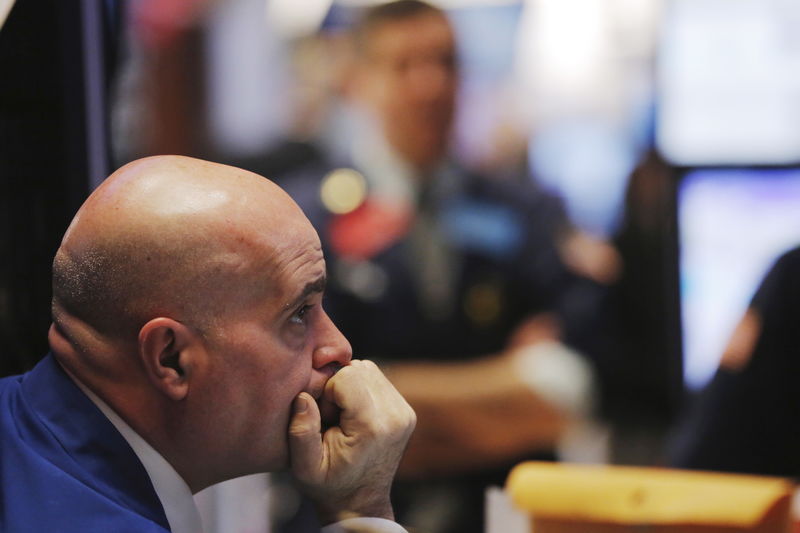Investing
Brazil poultry lobby sees little risk of nationwide export ban over bird flu

© Reuters. Chickens and a turkey are seen inside a coop at a private poultry farming at a ranch in Rio de Janeiro, Brazil June 2, 2023. REUTERS/Ricardo Moraes
2/4
By Ana Mano
SAO PAULO (Reuters) – Revised trade accords with most of Brazil’s trade partners, including China, make it unlikely the world’s largest chicken supplier will impose a nationwide ban on exports should the virus that causes highly pathological avian influenza (HPAI) hit commercial flocks.
Ricardo Santin, head of a group representing firms like JBS and BRF, told Reuters the agreements with trade partners should limit any export restrictions to smaller geographic regions.
Still, the details of a 2004 bilateral sanitary protocol with China, Brazil’s top chicken buyer last year, could spell some pain for exporters.
The protocol, which the agriculture ministry said remains in force, requires immediate notification to Beijing of epidemic diseases and imposes temporary national and local bans depending on the type of illness threatening the health of poultry.
It also stipulates that exported meat must come from farms free of any avian disease-related restrictions for 12 months.
Santin declined to elaborate on how he expects Beijing and Brasilia to apply the 2004 protocol in the event of an outbreak in Brazil’s commercial flock.
This week, HPAI was detected in wild birds in the southern state of Rio Grande do Sul, raising the risk of infection on poultry farms, which are largely concentrated in southern Brazil. Rio Grande do Sul ships 16% of Brazil’s chicken exports.
Brazil has registered 19 outbreaks of HPAI in wild birds nationwide this year.
Santin said Brazil began renegotiating sanitary protocols in 2021 with around 70% of foreign markets.
He said in principle most of Brazil’s clients accept that “a containment zone” may be established for trade purposes, based on World Organization for Animal Health (WOAH) guidelines.
Those practices, however, may not satisfy buyers like Japan, Mexico and South Africa, who have not revised agreements with Brazil, he said.
WOAH outlines best practices for “zoning” and compartmentalizing HPAI infection to specific areas at risk in order to ease nation-wide restrictions, allowing countries to continue to sell and export of poultry.
The U.S., which competes with Brazil in poultry export markets, had HPAI outbreaks but continued to ship products.
U.S. turkey and egg production dropped 6% and 2% respectively in 2022 as avian flu wiped out flocks. Still, total poultry meat exports rose 3% by volume and 14% by value, as revised trade agreements limited trade restrictions compared with a previous record U.S. bird flu outbreak in 2015.
Read the full article here

-

 Side Hustles6 days ago
Side Hustles6 days agoKickstart Your Year With These Entrepreneurial Health Checkups
-

 Side Hustles5 days ago
Side Hustles5 days agoExpand Your Global Reach with Access to More Than 150 Languages for Life
-

 Side Hustles4 days ago
Side Hustles4 days agoKFC Announces Saucy, a Chicken Tenders-Focused Spinoff
-

 Investing4 days ago
Investing4 days agoPalantir, Anduril join forces with tech groups to bid for Pentagon contracts, FT reports By Reuters
-

 Side Hustles5 days ago
Side Hustles5 days agoThis AI is the Key to Unlocking Explosive Sales Growth in 2025
-

 Side Hustles3 days ago
Side Hustles3 days ago4 Ways Content Can Make or Break the Customer Experience
-

 Passive Income7 days ago
Passive Income7 days ago5 Key Success Factors of Thriving Entrepreneurs
-

 Passive Income6 days ago
Passive Income6 days agoHow to Motivate, Inspire and Energize Your Employees


















